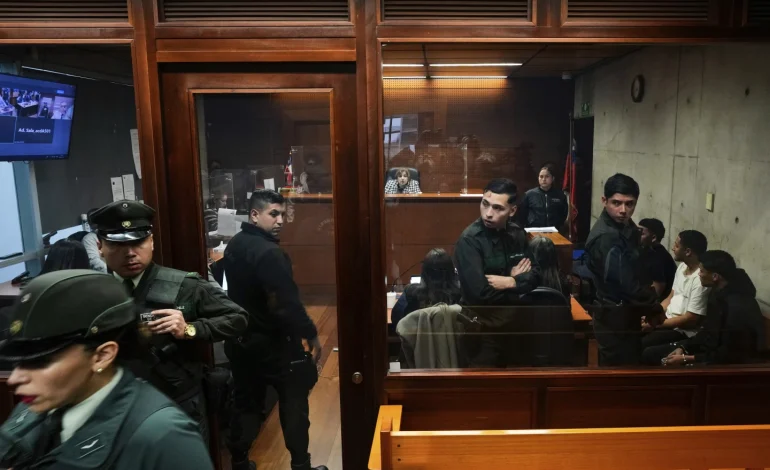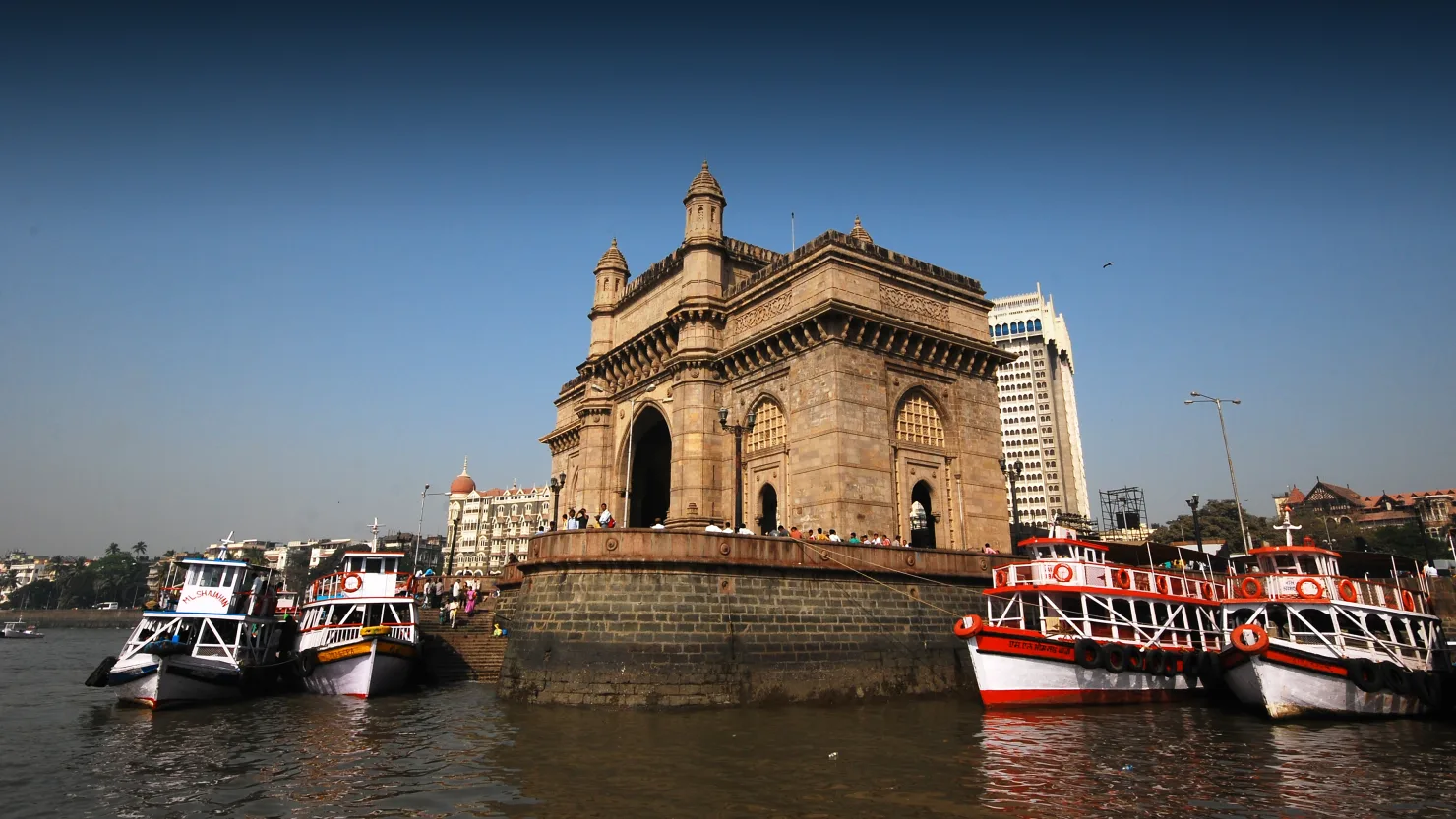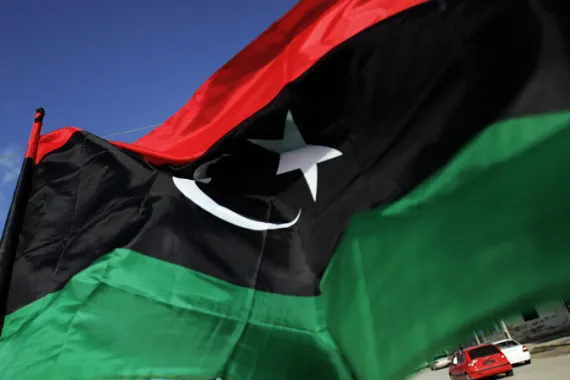Inside Tren de Aragua Files: Latin America’s Most Feared Gang Ran Like Multinational

When Chilean police raided safe houses in the northern city of Arica, they didn’t just find guns and drugs. They uncovered something much more telling — Excel spreadsheets.
Meticulous records kept in blue pen detailed every dime spent by the Venezuelan crime syndicate Tren de Aragua: $15 for an Uber to move drugs, $9 for instant coffee during a lookout shift, $34 for cleaning supplies… for torture chambers. No joke. The level of detail was more Fortune 500 than street gang.
These files — now shared with the Associated Press — give the clearest view yet into the operational guts of Latin America’s fastest-growing criminal empire. And they didn’t come from the U.S. crackdown. They came from patient, years-long work by Chilean prosecutors. Their investigation led to 34 convictions in March and inspired another wave of prosecutions that just this month sentenced 12 gang leaders to a combined 300 years behind bars.
That’s the kind of result that has crime experts raising eyebrows at Washington’s mass deportation strategy.
“With the U.S. snatching guys off the streets, they’re taking out the tip of the iceberg,” said Daniel Brunner, a former FBI agent who now heads a regional security firm. “They’re not looking at how the group operates.”
And how it operates is exactly what’s shaking up the region.
As Tren de Aragua rides the wave of mass migration and growing drug markets, it’s helping turn once-stable countries like Chile into crime hotspots, while tightening its grip in already fragile states like Honduras and Peru. Think mafia playbook with a twist of state infiltration — bureaucracy, cops, maybe even a judge or two.
“This isn’t some dirty cash-in-an-envelope corruption,” said Peru’s former Interior Minister Ruben Vargas. “This is full-on criminal networks pulling levers inside the political system.”
The rise of gangs like Tren de Aragua is putting democracy in the region to the test. And with governments scrambling to respond, experts warn that surface-level crackdowns just won’t cut it. What’s needed is deeper intelligence, coordinated prosecutions, and a serious look at the systems that let these gangs thrive in the first place.
With input from The Associated Press









The latest news in your social feeds
Subscribe to our social media platforms to stay tuned